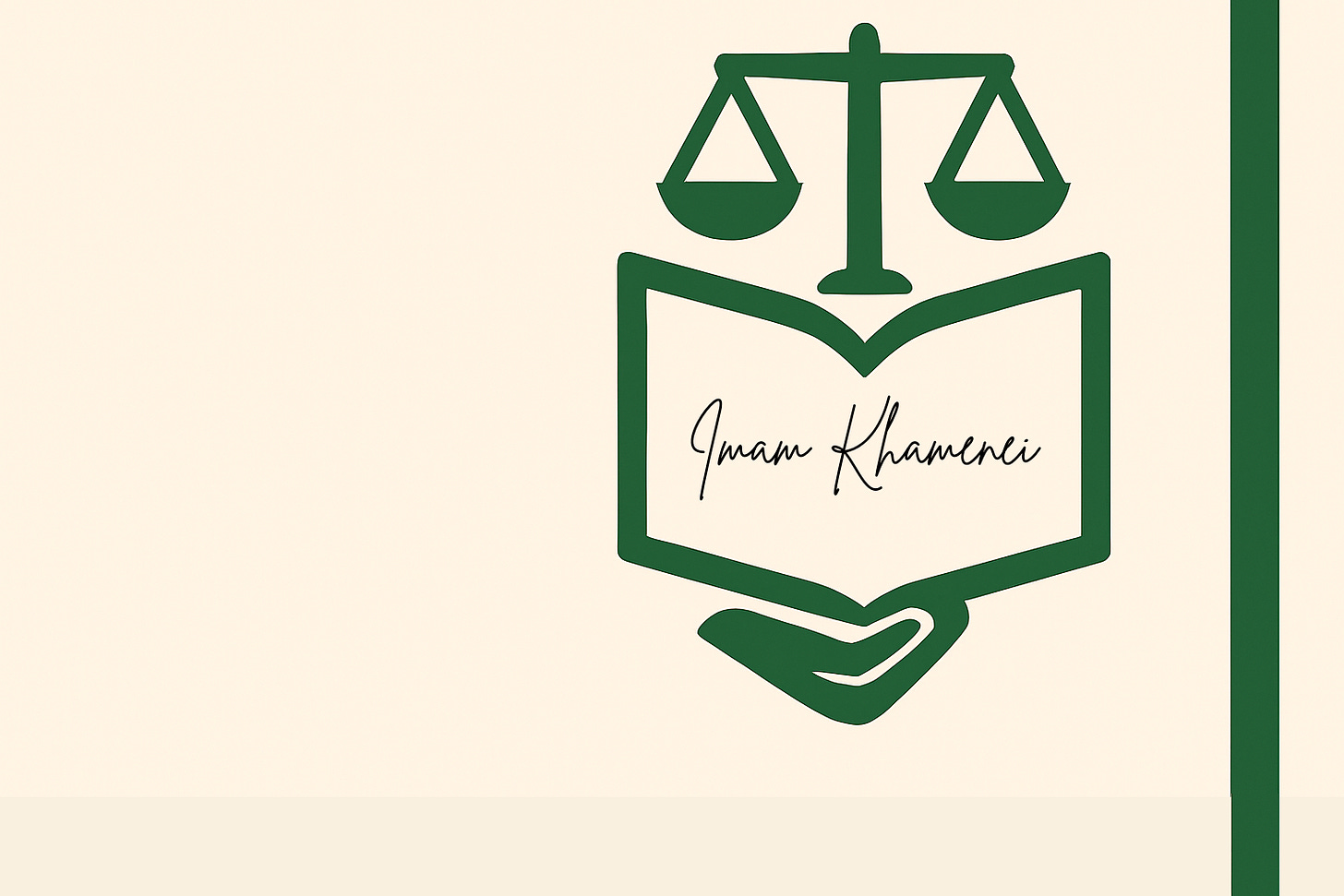Ṣulḥ: Validity and Conditions of a Ṣulḥ Deed with Lifetime Control Retained by the Donor
Practical Laws of Islam as per the teachings of Imam Khamenei
Ṣulḥ: Validity and Conditions of a Ṣulḥ Deed with Lifetime Control Retained by the Donor
English:
Question #1787:
A person gave his children the whole property he had through a ṣulḥ deed on the condition that he would remain in charge of the property throughout his life. I have the following questions to ask:
a) Is this agreement valid, considering the stipulated condition?
b) Assuming that it is valid and, therefore, enforceable, is it permissible for the proprietor to change his mind? Suppose that this is the case, is it permissible for him to sell part of the property to some of the parties to the ṣulḥ deed, and would this amount to canceling the ṣulḥ deed? And finally, suppose that it is a cancellation of the ṣulḥ deed, should such cancellation extend to all the property or is restricted to the sold part?
c) What does the phrase, “to be in charge of property throughout the donor’s life”, imply? Does it mean the right of revocation, the right of transferring the ownership of the property to others, or the holding of actual control of the property and use it for life?
Answer #1787:
a) The said ṣulḥ deed is valid and enforceable, even though it contains such a condition.
b) A ṣulḥ deed is among the contracts that are binding. The giver is, therefore, not allowed to cancel it unless there is a condition in the contract, giving him the right to do that. So, without such a condition, the sale of a part of the shared property to one of the shareholders is deemed invalid insofar as buyer’s share is concerned. And regarding the shares of the other shareholders is considered as fuḍūlī and its validity depends on their approval.
c) Apparently, the phrase, ‘‘to be in charge of the property throughout the donor’s life’’, means the right of handling the property physically, to the exclusion of the right of cancellation and the right of transferring the property to the others.
-Imam Khamenei, Practical Laws of Islam, Importance and Conditions of Ṣulḥ


